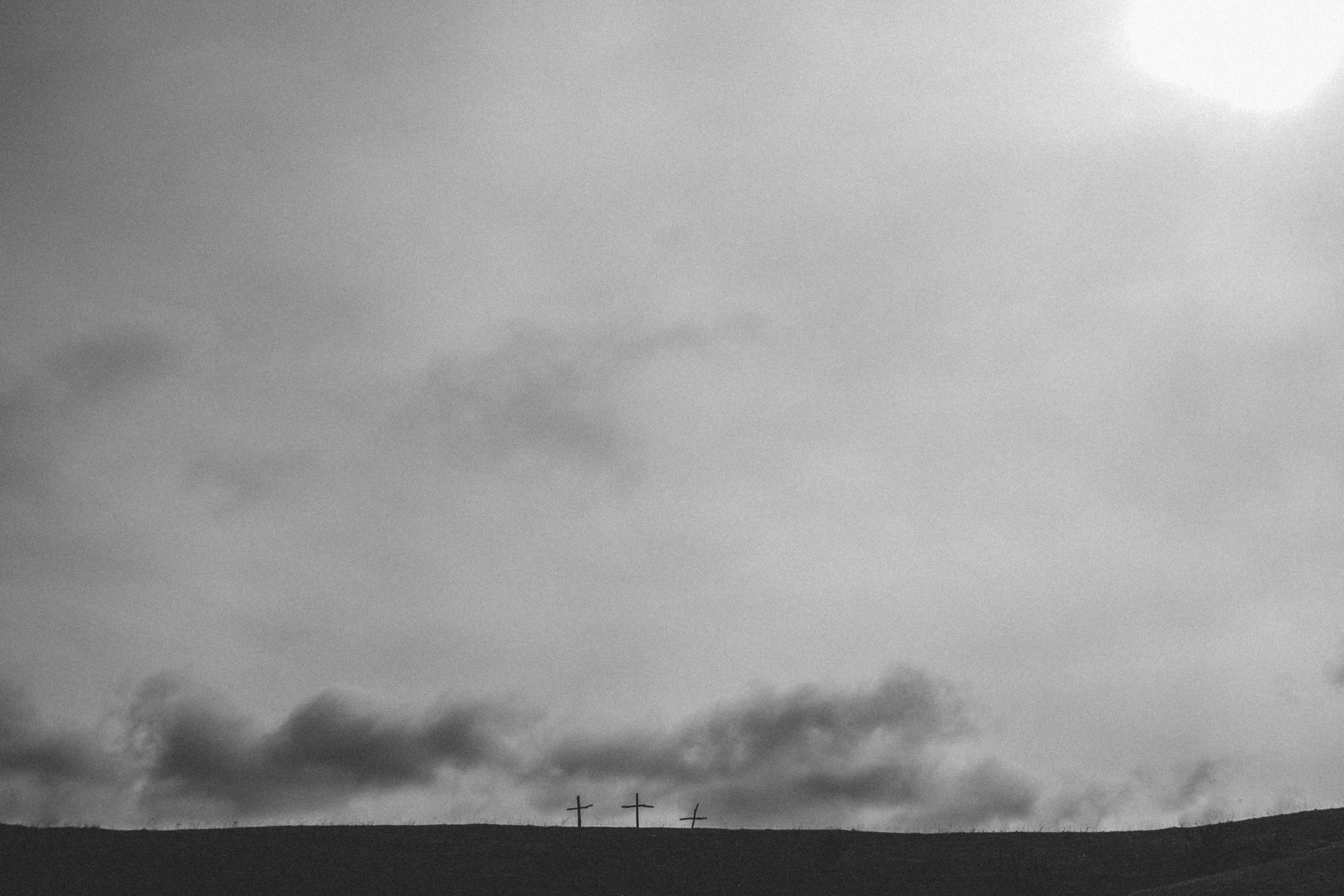
Empowered to Be Released
Finding a sustainable daily rhythm
Spending time in the presence of God is equally important as doing His work. Pastor Jo Leutton looks at the juggle we all face in finding a sustainable daily rhythm.
Words: Jo Leutton Read: 0 - 5 mins Published: 31 July 2020
When we think of Christians, we can have almost as many different ideas of what that looks like! But the reality of what the Bible tells us church and Christians are is simply this: Christians are people who have a living relationship with Jesus (the Christ) and follow His ways and teachings; and the church is the name for a group of these Christians.
As such, when we come to a big idea like reaching out to others, sometimes called evangelism or mission, it’s probably important, as Christians, to take a moment and have a look at what Jesus did in this area. It is pretty easy to make a few general observations: “Jesus was always on mission”, “Jesus loved everyone He met”, “The Kingdom of God was at ‘hand’ whenever Jesus was there”. But if we take a closer look, Jesus had patterns and rhythms to His life that shaped His activity. Jesus Himself admits in John 5:19 that He only does and says what he sees Father God saying and doing. This may seem convenient when the only way people could see the Father at that point was through Jesus. But as Jesus went about the Father’s instructions, He shows us a pattern that helps us understand not only how He did His ministry, but also how we can be about the same activity that He’s given us to do.
Mark’s gospel shows us Jesus had simple, regular patterns of withdrawing from the busyness of His life to be with the Father (see Mark 1:35, Luke 5:16). We know from Matthew’s gospel that Jesus already had received the Holy Spirit at His baptism, so His times apart with the Father weren’t because of the absence of the Spirit’s presence. Mark Sayers, in the book ‘Disappearing Church’, labels Jesus’ practices as a ‘withdraw/return’ rhythm. This is a way of looking at our daily lives that gives us the time and space to recentre on the Father and His purposes for our lives, but also gives us the opportunity and impetus to be a part of everyday society.
Historically, for some reason (probably the complexities of human nature!), Christians have tended to gather around either end of this rhythm. People seem to be drawn toward withdrawing to be with God, forsaking all others and all distractions. This is understandable: when we’ve been in the presence of God, nothing else compares, nor seems to matter. David echoed this in the Psalms, where He would rather one day in the courts of God than a thousand anywhere else on the planet. And this rings true for us when we’ve encountered God, because we were made in His image, and we find peace, acceptance, and the ultimate expression of love when we are in His presence.
The other extreme people are drawn to is the going out. People catch the heart of God that wants none to perish without a relationship with Him (see 2 Peter 3:9). They feel the burden of love that drives them to stop for the one person, to fight against injustice, to speak and show the love and power of God in myriad ways to people who have yet to taste and see the goodness of God (see Psalm 34). Jesus, in His last instruction to us in Matthew’s gospel (28:18-20), tells us that we are now being sent to tell everyone about Him, to train them in His ways, to help them encounter Him. It makes perfect sense: when we capture the heart of God for the lost and broken, we cannot help but go.
We often, therefore, find ourselves bunched at one end of this pattern, preferring one expression of the daily life of Jesus over the other. And yet, when we take seriously our apprenticeship to Jesus, we should embrace both! Each node of our daily rhythm helps inform and empower the other. The coming in exposes us to God’s presence and empowers our going out; our going out exposes us to the sheer need of human brokenness and drives back to come in on our knees in the presence and love of our God.
But where do we start? We might find ourselves preferring one side of this over the other. Is it too late? Have we missed our opportunity? By no means! It’s a simple process of humbling ourselves before God and surrendering our agendas back to Him.
When we spend every moment soaking in God’s presence to the exclusion of giving it away, we become a closed system, a ‘dead sea’, and we can become frustrated and stalled in our journey with God.
The first section of Acts 3 reminds us that we come into God’s presence and receive from Him, for no reason other than He’s worth being with. But in the ‘being’ we are fundamentally changed, and we are empowered by His presence, filled with love, peace, joy, and all the things that God has for us. And so, when we go, like Peter and John, we can give away what we have. Our going out becomes an expression of God’s Kingdom engaging with the kingdom of this world, and we start to see supernatural things happen naturally. That is the beauty of the rhythms of Jesus.
So, are you tired from the frontline? Are you worn out from the battle for people’s eternal salvation and their right-now conditions? Jesus invites you to come in, to rest, to receive from Him what you can’t give yourself. Take the opportunity to pray, to meet with a Life Group, dive into the Bible, spend time in our Worship Rooms, Sunday Services and Streams courses. Intentionally seek a place to be with God. Allow Him to love you and teach you to be in His presence.
Or, are you in a season of coming in? Are you soaking and praying and worshipping? Are you unable to get enough of God’s presence? Ask Him to start to show you His heart for the lost and broken. Ask Him to let you feel even an ounce of His heart for the world. His love, as it soaks through your entire being, will empower you and compel you to ‘show and tell’ people about Jesus!
The beauty of God’s ways is that no matter where we are, we are surrounded by people that He loves! Everyone you have seen today, and yesterday, and tomorrow, and for every day for the rest of your life, is someone that the Father loves unconditionally and that Jesus died to restore into a relationship with the Father. And to make it a double blessing, when Jesus sent us in Matthew’s gospel, He made it very clear that we weren’t going alone: “…and surely I will be with you, even to the end of the age!”



